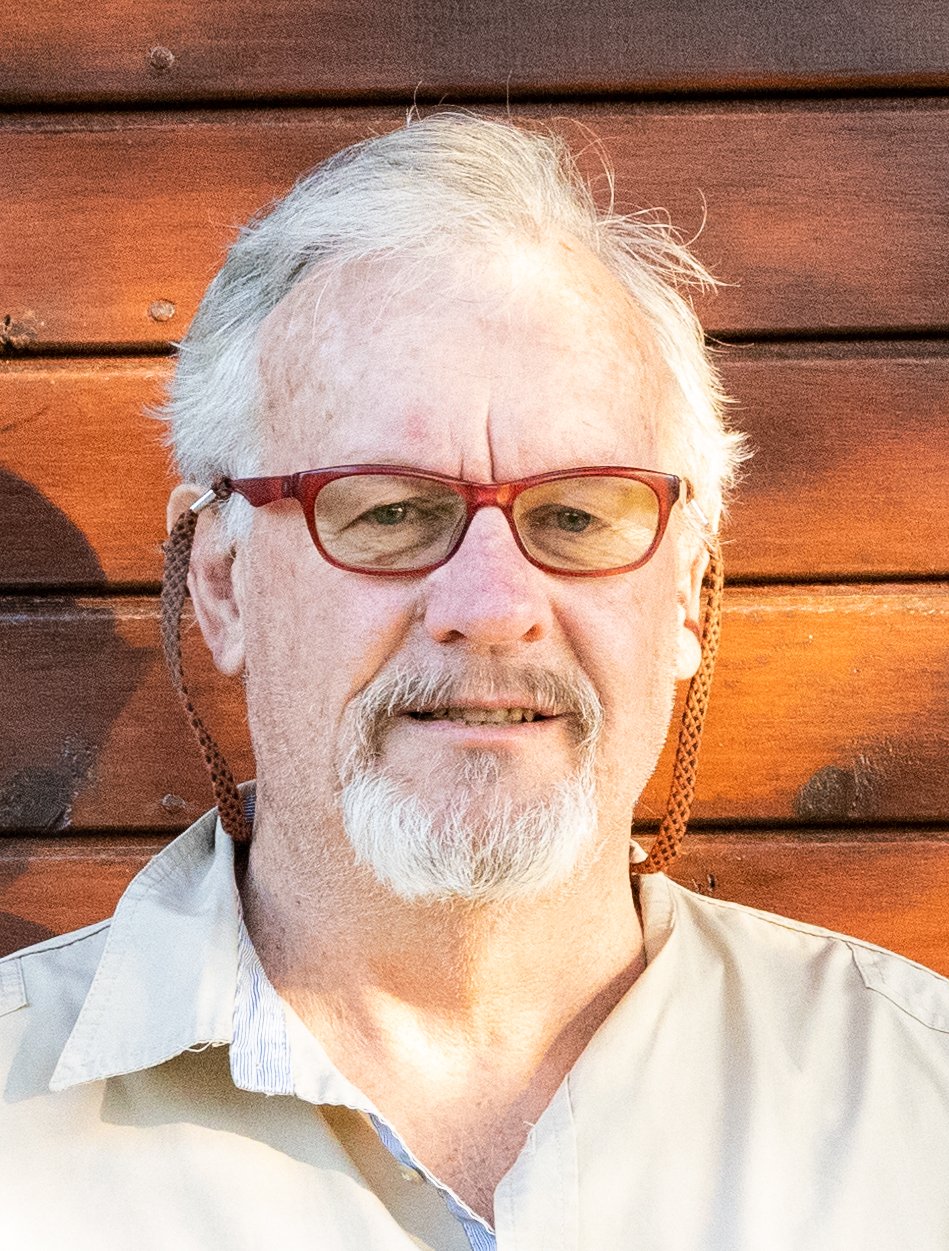Microbialite seeps harnessed to monitor aquifer health
/Over the past decade, researchers in the Eastern Cape have been studying microbialite ecosystems associated with freshwater seeps along the province’s south coast. Read more …
Read MoreOver the past decade, researchers in the Eastern Cape have been studying microbialite ecosystems associated with freshwater seeps along the province’s south coast. Read more …
Read MoreThe African water sector’s growing need for integrated solutions from multi-disciplinary teams has led to the creation of a Water and Environmental Technology (WET) unit at SRK Consulting, streamlining the company’s capabilities in vital sectors.
Read More
Ritchie Morris of Morris Environmental & Groundwater Alliances
At their Annual General Meeting held in Wuhan, China in September 2022, the International Association of Hydrogeologists recognised Ritchie Morris of Morris Environmental & Groundwater Alliances for his work in developing and managing a groundwater supply near Sedgefield.
The Applied Hydrogeology Award is presented annually to a person who is a groundwater professional and has made outstanding contributions to the application of hydrogeology, particularly in developing countries or in support of international development efforts. The IAH was founded in 1956 and has a world-wide membership of more than 4 000 scientists, engineers, water managers and other professionals working in the fields of groundwater resource planning, management and protection.
Ritchie developed a wellfield to supply 4.5 ML/d of water needed to preserve timber damaged by the fire that swept through the Knysna area in June 2017. The salvaged timber had to be stacked and kept saturated to preserve it until it could be processed in the local sawmills. This was an important part of the economic recovery of the region after the devasting fire. The wellfield comprised 8 production boreholes and was in place by September 2017. It operated for 3.5 years until all the timber could be processed and has since been decommissioned.
With the support of his client, Ritchie’s mobilisation and management of other specialists ensured the wellfield could be successfully developed in quick time. The project highlighted the application of sound scientific and hydrogeological principles to the significant benefit of his client, to the environment and the surrounding community.
Submitted by: Dr Roger Parsons Ph.D (UFS) Pr.Sci.Nat.
Parsons and Associates Specialist Groundwater Consultants.
New office tel: 063 403 9309 cell: 083-310-6504
email: roger@pasgc.co.za web: http://www.pasgc.co.za
A devastating fire started on 7th June 2017 and swept through Sedgefield, Knysna and Plettenberg Bay, leaving a path of destruction in its wake until it could be contained 4 days later. Damage amounted to billions of Rand and the entire community had to rise up and build their lives again.
Read MoreAt least 13% of South Africa’s water supply stems from groundwater, yet scientists are still unearthing new insight into this precious yet oft hidden resource.
Read MoreScientists and engineers are embracing lessons from the natural environment in designing sustainable projects as they address the growing uncertainty regarding surface water given the anticipated climate changes associated with global warming.
Read MoreThe growing rate of groundwater extraction in southern Africa is unsustainable, and the region needs to learn quickly from the valuable research and practical interventions currently underway.
Read MoreBorehole Water Association of Southern Africa - promoting the sustainable use of Southern Africa's groundwater.
Submit an article to the Borehole Water Journal Online.
Complete the form below to have the Borehole Water Journal Online delivered to your inbox every second month.
Copyright © Borehole Water Association of Southern Africa